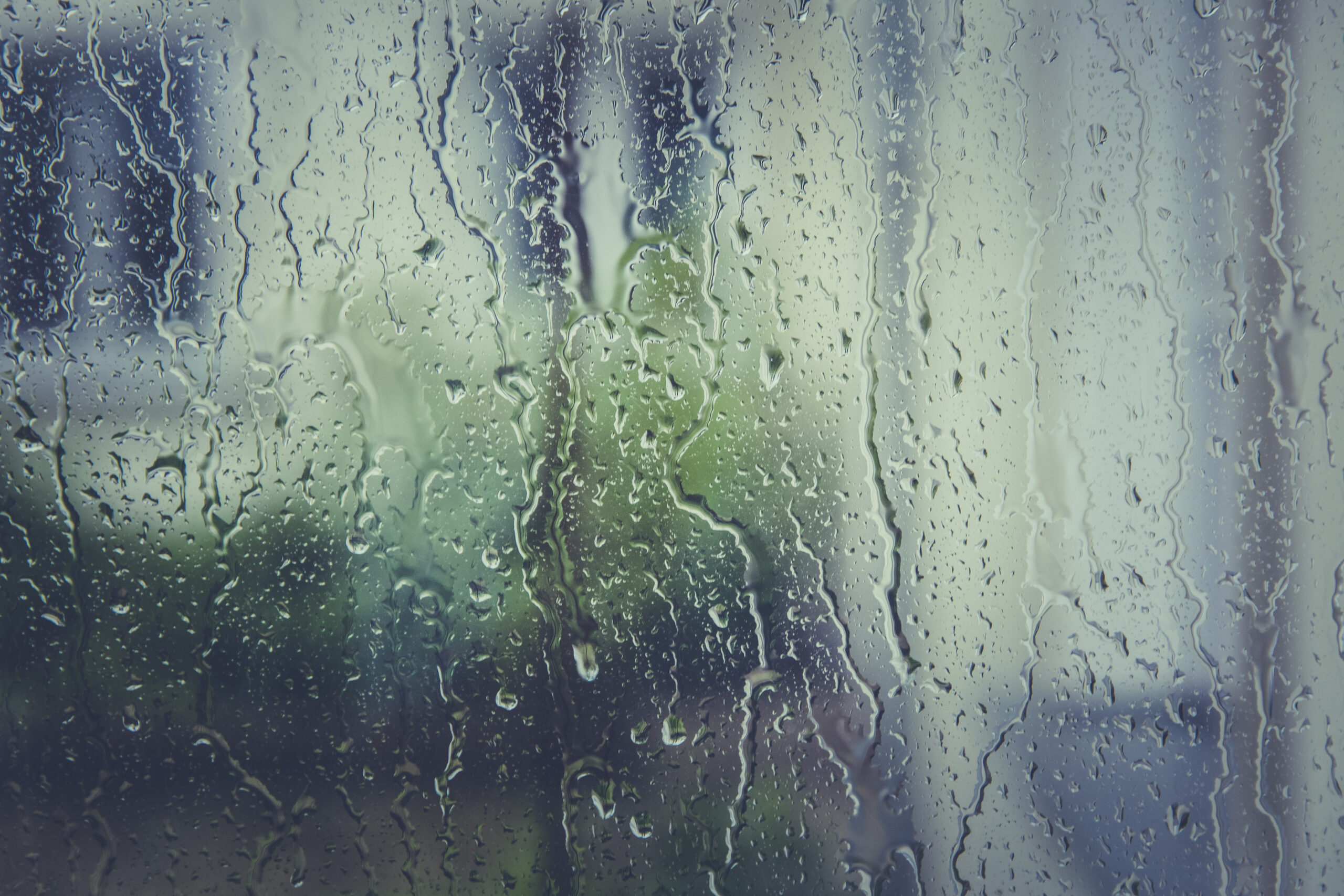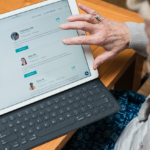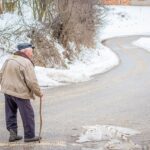During the winter, cold and damp weather can take a toll on the health of your elderly relatives. Counter the weather with our top 3 winter safety tips for the elderly.
Winter can be a particularly challenging time for older people. Icy temperatures leave the elderly more susceptible to health complications, while slips, trips and falls are more of a hazard than during warmer weather.
Loneliness is more strongly felt during the winter season too and has been linked to a broad range of conditions, including depression, dementia, and the onset of disability.
Our top 3 winter safety tips for the elderly
1. Keep warm
With this winter set to be one of the coldest on record, the fight to stay warm is more important than ever. In low temperatures, the impact of respiratory and circulatory disease is exacerbated and the elderly are at a significantly increased risk of hypothermia.
Age UK give the magic numbers for heating your home as 21 degrees for the living room, and 18 degrees for the bedroom – try and maintain those levels. If your loved one has central heating, the best way to do this is to put the thermostat on at 21 degrees during the day and then turning it down a few hours before bed. If your loved one is unlikely to remember to do so, smart-thermostats can be controlled remotely from a mobile phone, and you can set timers to regulate their heating.
There are financial support services available if you’re worrying about the cost of heating your elderly relative’s home this winter.
Little things like draught excluders and keyhole covers can be an easy way to keep heat in and keep their home more energy efficient, but you might want to factor in the risks of additional trip-hazards.
Dressing for the weather isn’t just relevant outside, either. Wear layers on a day-to-day basis. Several thin layers are much better than one thick layer as you trap warm air in between each layer. Thermal clothes are perfect.
Also wear a hat and scarf, or at least a polo neck. Most of your heat is lost through the head and neck, so covering these areas will really help you stay warm.
Wear warm clothes in bed too – and don’t forget the extremities! Warm socks and gloves will help keep the chill out of your fingers and toes, which in turn can help ease the pain of conditions such as arthritis.
2. Be wary of slipping
In the UK, falls are the most common cause of injury-related deaths in those aged 75+. During winter, icy and slippery conditions exacerbate the problem, so it’s important to take steps to mitigate this risk.
Invest in proper non-slip shoes or boots, and some non-slip slipper socks for inside can be helpful. You might also consider installing grab rails outside their home, to help them navigate any icy areas or steps.
If you haven’t already, it could be a good time to consider a personal alarm service – if they fall, they simply press the button on their alarm and they’ll be immediately connected to someone who can help. If nothing else, the peace of mind that they’ll never fall and be stuck there, unable to get up, will help.
3. Fight loneliness
As Age UK poignantly say, ‘No one should have no one at Christmas’ (not at Christmas, not ever!).
Many of us think of Christmas as a time for friends and family. A time for laughter and love. But what about the people who don’t have that? Loneliness can be devastating, but there are support services out there that can ease the burden of a lonely Christmas.
If you’re unable to be there for your elderly relative this Christmas, they don’t need to face it alone. There are often community Christmas events that they can get involved in. The Salvation Army does a huge amount of work with isolated people over Christmas and all year, including putting on Christmas lunches and visiting older people. Find out more about preventing elderly loneliness during the holiday season .




